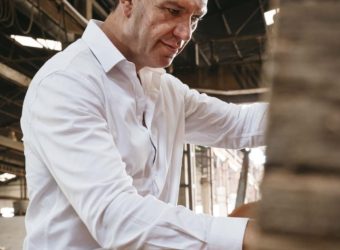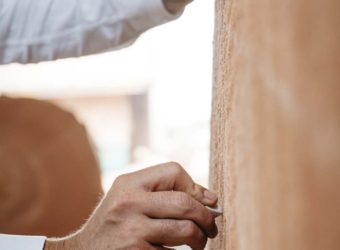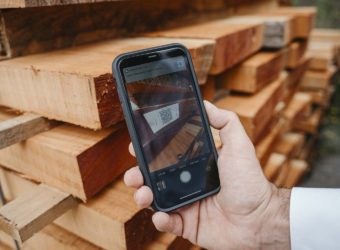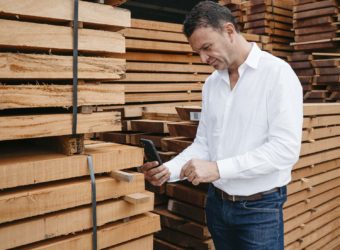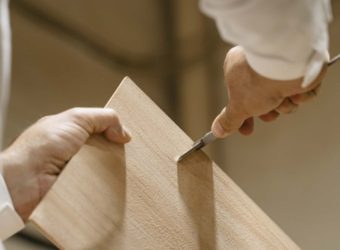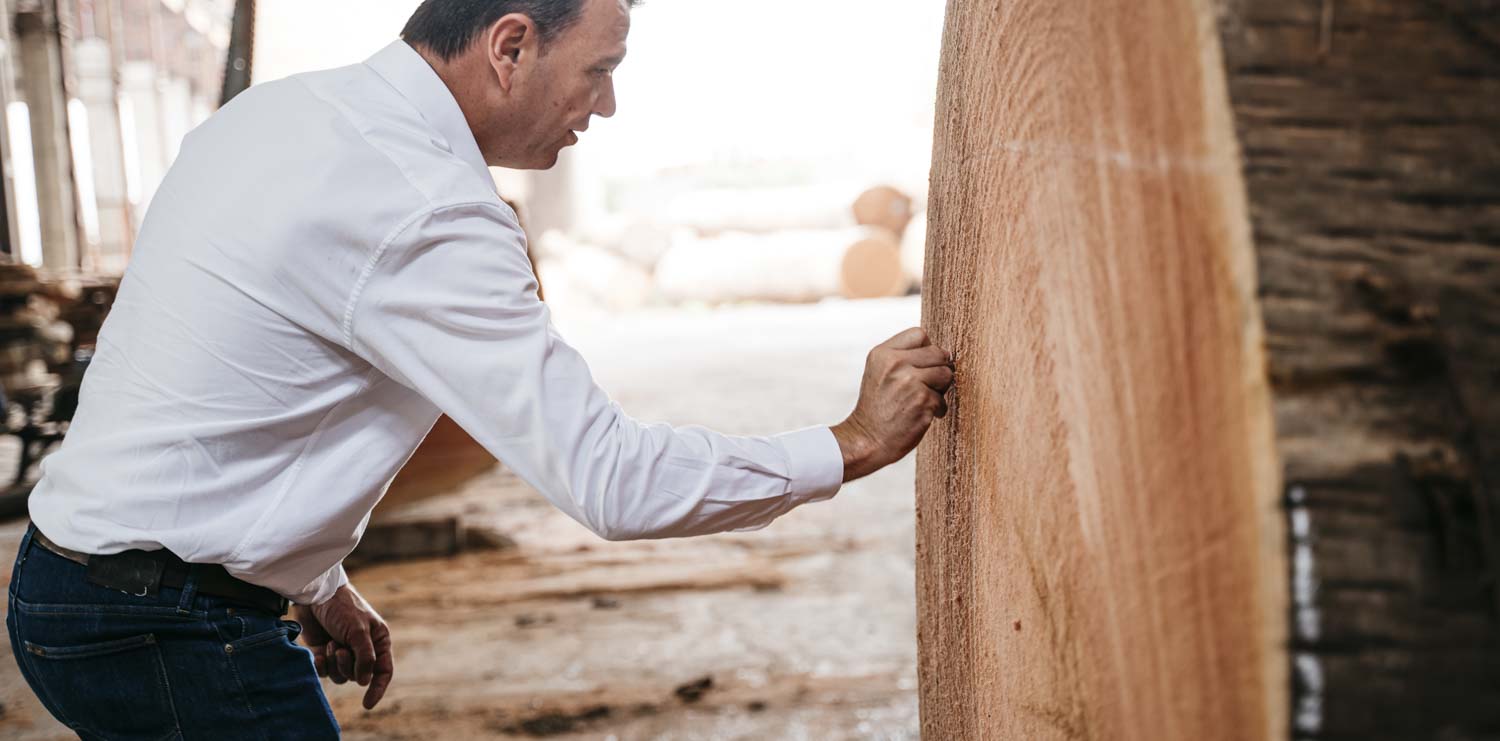
Nicholas Weber is at the forefront of the sustainable tonewood movement
When Nicholas Weber was fresh out of college with a degree in economics and landed his first job interview in the wood industry, he had to ask for clarification. “Wood especially for musical instruments? I had no idea that such an industry even existed!” Decades later, he can’t imagine doing anything else.
“I got completely hooked, because it’s everything I had studied,” Weber says. “It’s such an international industry, with wood coming out of exotic countries and going to all parts of the world. It clicked with me, completely.”
Based in Valencia, Spain, Weber now helms his own company, Guitar Tonewoods. He and his team focus entirely on Forest Stewardship Council-certified woods. “I can supply the full array of woods used in musical instruments,” he says. “Mahoganies, cedar, ebony, rosewoods — all coming from sustainable forests.”
When Weber founded Guitar Tonewoods in 2010, his vision for a guitar fully built with sustainable woods seemed like a dream. But over the past decade, he has watched his suppliers, the industry and its consumers become far more progressive. “When I started, it was hard to find some of the species FSC-certified. Now, more and more is available — a real evolution.”
So what exactly makes some wood FSC-certified? “The FSC is an independent, non-profit organization that protects forests for future generations, and there are a number of things that must be complied with to get certified by the FSC,” Weber explains. “One important part of sustainable forest management is that they do crop rotations, which means there will be wood available not just today, but also 20 and 30 years from now, even a century. There are sources we work with in Africa that are 99-year concessions. Then we have what they call a chain of custody. When the wood goes from the forest to a mill, each part of the chain is certified, basically traceability and volumes. Volumes coming out, volumes coming in.”
Limiting the number of trees cut in a sensitive forest has a vital effect — the forest regenerates on its own. “When you have a certified forest, what you’re actually doing is letting nature take care of reforestation,” Weber says. “If you do selective logging and no clearcutting, seeds go everywhere when a tree falls. You don’t need to do the replanting —you’re letting Mother Nature take care of business.”
Crop rotation and FSC certification are essential for environmental management, but the process is also great for the curious guitarist who might wonder what exactly went into his or her beloved instrument. “When we ship an ebony fingerboard to one of our customers,” Weber says, “we can actually verify which forest it came from and what concession it came from.” Which brings us to Weber’s latest venture: a platform called Forest Chain, which is a block-chain traceability platform that makes tracing the wood from the forest to the final instrument much easier.
“We’ll be putting a QR code in a guitar,” Weber explains about Forest Chain. “Scan it with a mobile phone, and you’ll be able to see the trees it came from, the forest it came from. This connects the end user, the guitar player, with the forest. A customer will be able to see what’s happening in the Congo Basin — without having to travel there.”
Read this and additional articles in the 2022 Summer Magazine.
